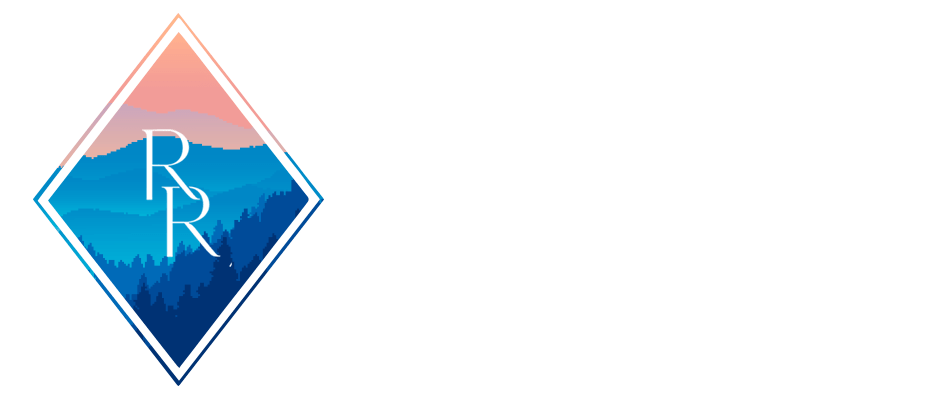Why is sobriety a lifetime commitment?
One common misconception for people who have any affiliation with addiction is that the treatment process through an inpatient or outpatient program is a “cure” or it means that someone is no longer addicted and that’s that.
Unfortunately, this is far from the truth.
Addiction is considered a mental health disorder in the DSM, one that is chronic in nature which means it can come back.
Why is Sobriety a Lifetime Commitment?
So why is sobriety a lifetime commitment? The chronic nature of addiction means an individual who is struggling with addiction can get treatment and be sober for any length of time but at some point might struggle with unexpected stress, or large life events like moving to a new city or losing a loved one that all trigger negative feelings, cravings, and addiction.
Consider this:
Marianne struggled with addiction to methamphetamines.
She got clean after a 60-day stay at an inpatient facility and her detox.
Marianne was doing very well in her sobriety but after a year, things started to turn.
Marianne’s pet cat died. Her mother got very ill. This caused a major fight between Marianne and her siblings because the sibling said that Marianne wasn’t good enough to take care of their mother so their mother would stay with the other siblings.
This was a trigger for Marianne, and she was left cleaning up her mother’s house and moving things back and forth, but with no help from any other siblings and no form of financial support for the hours and money spent driving for weeks at a time.
This left her feeling very depressed and overwhelmed, stressed, especially about:
- Her self-identity, and what her siblings thought about her
- The health of her mother and how much longer she would be around
- Her own finances, because of the toll the driving and cleaning had taken
Marianne felt that she couldn’t control these feelings with the things she had been taught in recovery like meditation. One day she met up with an old friend because that friend knew her when she was addicted to methamphetamines and might better understand her.
This, unfortunately, led to Marianne taking drugs for the first time in a year to try and shut out some of her feelings.
In the case of Marianne, this simple relapse does not mean that she’s a failure but rather, represents a challenge that all people with a history of addiction will face at some point or another, many of them at several points.
Why is sobriety a lifetime commitment? Because in those difficult moments people like Marianne have to commit to staying sober no matter how much they think drugs or alcohol might ease their uncomfortable feelings temporarily.
When relapses happen it’s important to recognize if or when you might need additional help through something like:
- Calling a sponsor
- Attending more support groups
- Starting a new outpatient or intensive outpatient program
The more you recognize the struggles and the relapses, and the faster you respond to them appropriately, the better you will be long-term with your commitment to sobriety.
Remember that if Marianne takes drugs after one year of sobriety, but then realizes that she is turning drug use back into a habit, and reaches out for another treatment program, that is a profound commitment to her sobriety.
Committing to Sobriety with Ritual Recovery
At Ritual Recovery, we offer partial hospitalization programs and intensive outpatient programs with upscale facilities and housing options. Clients can pick a daytime partial hospitalization program or a housing partial hospitalization program but no matter which level of care is chosen, the goal is to give you the skills needed to sustain your lifetime commitment to sobriety.
How do we achieve this?
A big emphasis for a daily schedule during treatment involves group therapy and other structured sessions on a regular basis.
This encourages clients to set and keep a daily schedule with proper time management and a range of activities that support sobriety. These skills can be taken with clients long after they leave our facility.
We also provide outings like adventure therapy and activities once per week, with unique on-site hiking.
This encourages clients to remain active and focus on physical health and time spent outdoors, something that they can take with them long after leaving our facility. Studies indicate that being in nature or at least an area with things like trees and other plants for 15 minutes per day can have a profound impact on your mood and cortisol levels. This directly impacts your sleep and stress levels.
Our aim is to teach clients about the things that matter most in long-term recovery and to understand during individual and group therapy sessions why sobriety is a lifetime commitment, why it takes committing over and over and what to do when there are setbacks.
Reach out today to learn more at 866-530-5836.








